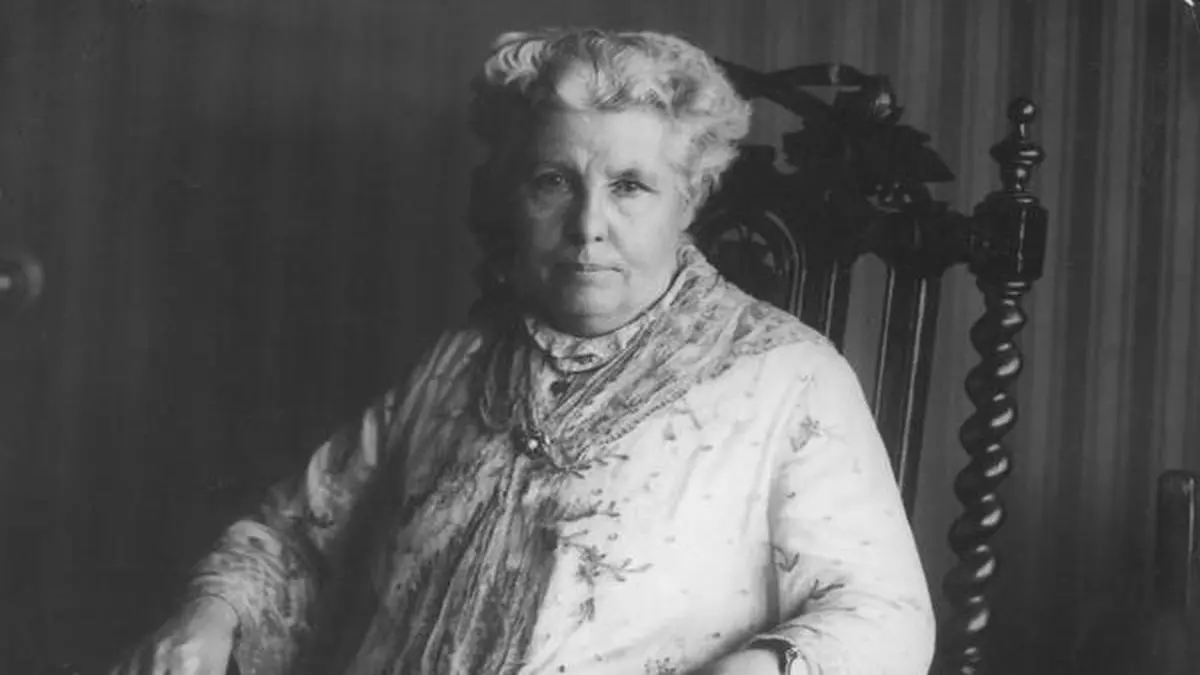
Annie Besant: A Beacon of Enlightenment and Social Justice
In the annals of history, amidst the tapestry of remarkable individuals who have left an indelible mark on society, Annie Besant’s name shines brightly as a beacon of enlightenment, social justice, and unwavering determination. A trailblazing activist, prolific writer, and dedicated educator, Besant’s life was a testament to the power of intellect, compassion, and tireless advocacy for the rights of the oppressed.
Born on October 1, 1847, in London, Annie Besant’s early years were marked by adversity and struggle. Despite facing financial hardship and familial discord, she demonstrated remarkable academic prowess and a thirst for knowledge that would shape her future endeavors. Besant’s early experiences instilled in her a deep sense of empathy for the marginalized and a commitment to social justice that would define her life’s work.
Besant’s journey towards becoming a prominent figure in the realms of social reform and activism began with her involvement in the labor movement in England. Inspired by the plight of workers and the injustices of industrial capitalism, she became a staunch advocate for workers’ rights, leading strikes, and agitating for better working conditions. Her fearless advocacy earned her both admiration and opposition, yet she remained undeterred in her quest for social change.
Besant’s tireless efforts in the labor movement brought her into contact with the burgeoning socialist movement of the late 19th century. She embraced socialist ideals and became a prominent figure in the Fabian Society, a group dedicated to promoting social reform through gradual legislative means. Besant’s eloquence and intellect made her a formidable force within the socialist movement, as she argued passionately for the redistribution of wealth and the creation of a more equitable society.
Besant’s commitment to social justice extended beyond the confines of England, as she became increasingly involved in the struggle for Indian independence. In 1893, she made a fateful journey to India, where she became acquainted with theosophy, a spiritual and philosophical movement that would profoundly influence her worldview. Besant’s deepening interest in Indian spirituality and culture led her to embrace theosophy wholeheartedly, and she eventually became the leader of the Theosophical Society.
Besant’s tenure as president of the Theosophical Society was marked by her tireless efforts to promote religious tolerance, social reform, and Indian self-rule. She advocated for the revival of indigenous Indian traditions and championed the cause of Indian nationalism, earning her the admiration of millions of Indians. Besant’s unwavering commitment to India’s freedom struggle led her to join the Indian National Congress, where she worked alongside leaders like Bal Gangadhar Tilak and Mahatma Gandhi in the fight against British colonial rule.
Besant’s legacy as a champion of social justice, religious tolerance, and Indian nationalism continues to inspire generations around the world. Her tireless advocacy for the rights of the oppressed, her unwavering commitment to the cause of Indian independence, and her pioneering efforts in the realms of education and social reform have left an indelible mark on history. As we commemorate the life and legacy of Annie Besant, let us remember her as a shining example of courage, compassion, and unwavering dedication to the pursuit of justice and equality for all.










